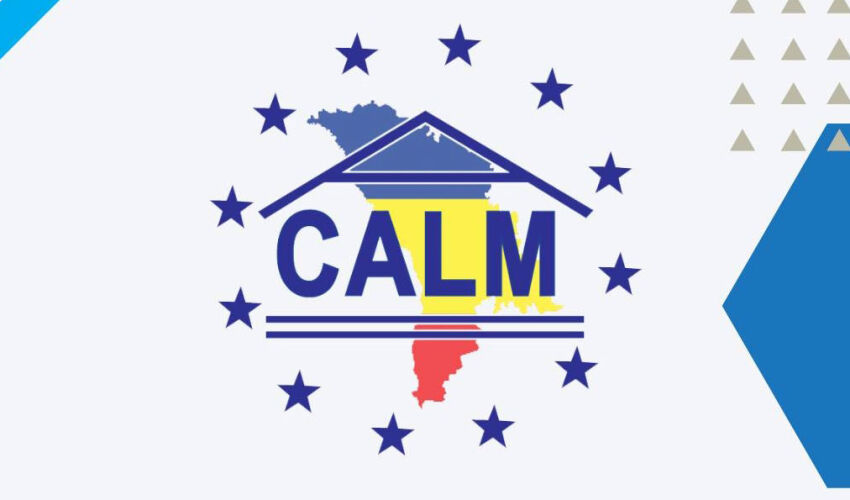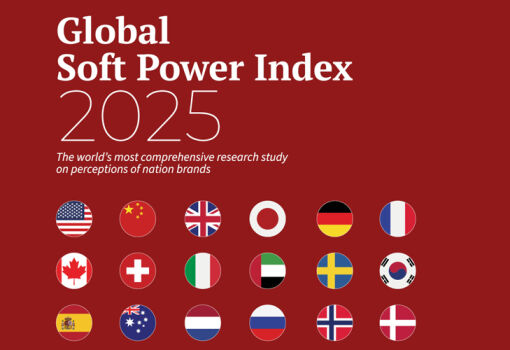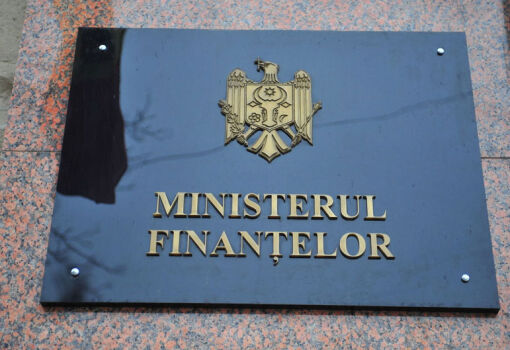
One of the sources of growth in the budgets of mayoralties could be the property tax, which is levied at the place of residence and directed to local budgets. Today, in many villages it is not set at market value, so it is still inadequately low. The problem is that residential real estate has not yet been assessed and revalued. The project implemented by the cadastral body and financed by the World Bank has not yet been implemented, so many local councils set the property tax rate based on the old value of housing.
“This is the eighth year we have been waiting for effective mechanisms to assess real estate at market value, which we were promised as a result of the implementation of this project,” says Marcel Bobeica, mayor of Gangura commune in Ialoveni district. – It is said to be at the stage of completion. But officially there are no results yet. Since, according to the law, the mayor’s office itself can carry out real estate evaluation, we did it. We created a commission to assess the housing, developed a formula and calculated the amount of the tax, which the council approved. Then we informed the citizens and held public hearings on this issue”.
The tax amount was calculated depending on what part of the village the house was located in, what materials it was built with and what year it was built. “We took the average value of houses, for which the cadastral authorities had already assessed, and set the coefficient,” the mayor continues. – It is possible to engage a specialized firm for this purpose, but it will be much more expensive. Although in many villages, the authorities do not carry out an assessment in order not to lose votes in the elections”.
Another problematic source of replenishment of local budgets is the improvement tax, the amount of which is also determined by the councils. Representatives of the mayor’s community suggested that the authorities legislate the possibility of setting it in two ways. First, for each person who is registered at the place of residence and lives in the house. Since today, especially in rural areas, due to labor migration, local authorities have problems with establishing the real number of residents, they proposed to do it based on the number of property owners.
“We proposed to give the town halls the possibility to choose between these two calculation options,” says Marchel Bobeika. – According to the number of registered residents it is easier to do it in cities, and in villages, where many residents work abroad, to use information about homeowners. The Ministry of Finance promised us to include this provision in the draft budget and tax policy for 2026, which is currently under development”.
As for the possibility of encouraging the employees of city halls at the expense of their own revenues, the question is still open. Last year, the salaries of mayors, vice mayors and secretaries of local councils were raised. Other employees of the mayoralties were not included in the list. Therefore, the mayors propose to change the incentive system. To allow them to increase their salaries not at the expense of savings, as the legislation requires today, but at the expense of the mayor’s own revenues. At the moment, this can be done only if the expenses from the salary fund are reduced.
As a result, it was decided that the Ministry of Finance would study the legal mechanisms by which mayoralties could use their own revenues to increase the salaries of their employees.
The mayors decided not to insist on solving another “long-standing” problem this year. This is the issue of distribution of income tax collected from individuals. Today it is paid at the place of work, which leaves the lion’s share of collected funds in the cities, where many villagers work. CALM has been proposing to pay it at the individual’s place of residence for a dozen years. This conversation has been postponed due to difficulties in filling the state budget. But the mayors do not lose hope of returning to it.
During the dialog other problems related to the system of local public finances were also considered. The remaining open issues will be analyzed as part of the process of developing fiscal policy for 2026, the Ministry of Finance promised.

